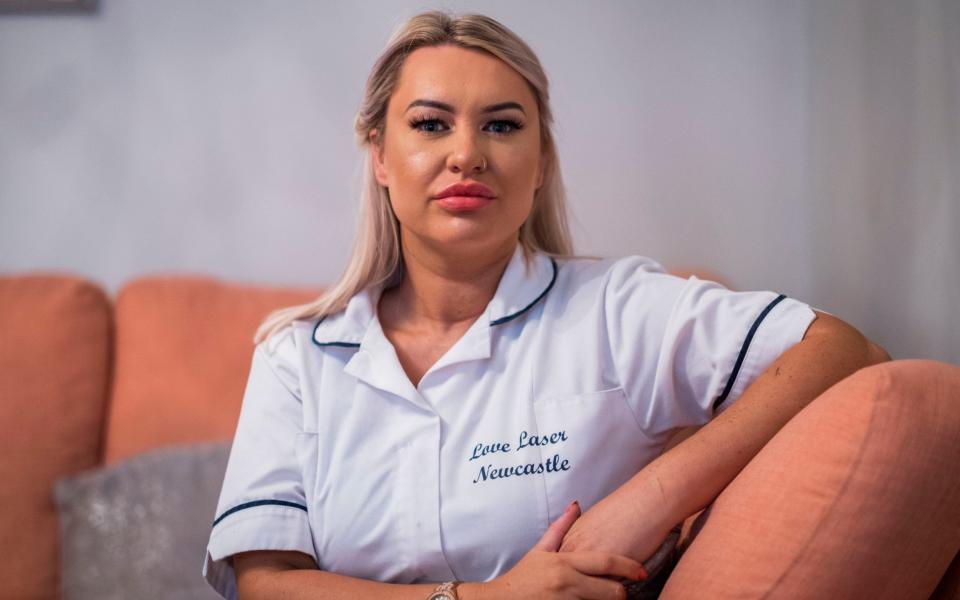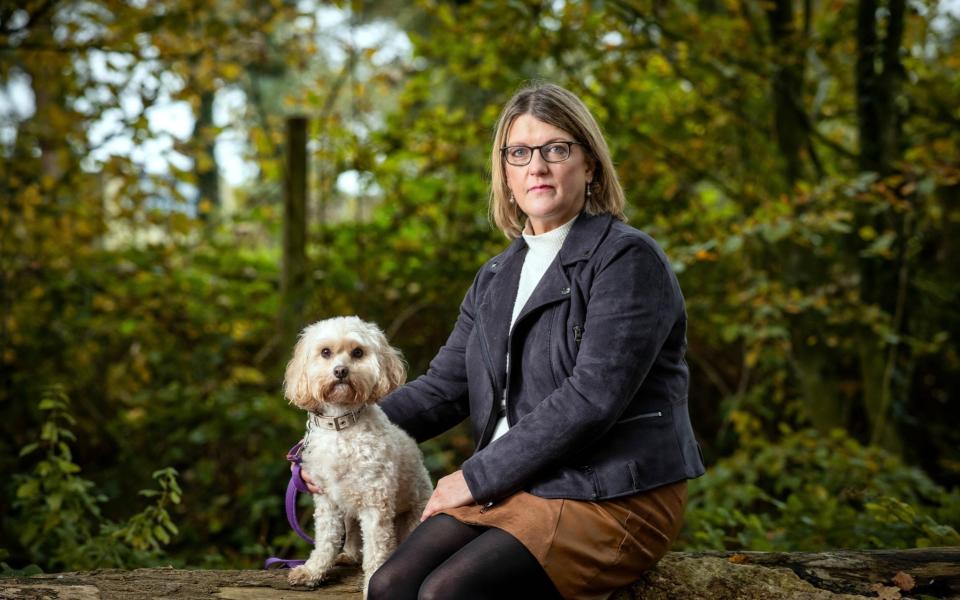A year of no income: how the 'excluded' three million survived

Millions of self-employed workers have battled through 12 months with no income, after being repeatedly locked out of government grants.
Campaign group ExcludedUK has estimated that three million workers have fallen through the cracks, receiving little to no money from the furlough or self-employed schemes.
MPs have criticised the Treasury’s “unfair” exclusion and put pressure on the Chancellor to overhaul the rules that have pushed many to the brink of financial ruin.
Rishi Sunak has faced a growing backlash from those struggling to get by on little to no income. MPs of all stripes have called for changes to be announced at the Budget on March 3. The Treasury claimed it had “done all it could to support jobs and livelihoods” but acknowledged it had not been possible to support everyone.
Many have been forced to give up the self-employed dream and close their businesses for good, in many cases after years of success, and now struggle to pay the bills.
A spokesman at ExcludedUK said: “We have to hope that the Chancellor recognises the chasms in his extremely generous schemes and corrects this injustice. The three million excluded have experienced a catastrophic impact on their jobs, businesses and family.” He added: “This has led to mental health issues, debt, humiliation and in some cases loss of life.”
Wendy Yam: new business, didn't qualify for help
Wendy Yam, whose name has been changed, was left homeless in 2020 when she fled her home because of domestic abuse and had no income as she was excluded from support.
Ms Yam, who had set up a dog walking business from her home, was not eligible for government support as her home was her business premises and she had not yet declared profit in her first year of setting up. Ms Yam receives £409 a month in Universal Credit and lives on food packages. She is £250 short on her rent payments each month.
She said: “I really believed Sunak’s first speech but he hasn’t protected me and I’ve lost everything.”
Lynn Hope Thomas: previously earned £100k
Lynn Hope Thomas, a consultant in her 50s, closed down her business after 10 months of being excluded as she could no longer afford to pay her bills and feared she may become homeless.
Company directors have fallen through the cracks of the furlough and self-employment schemes because of their use of a routine accounting method. She said: “I was plunged into poverty and I couldn’t survive so I had to let my business go.”

Ms Hope Thomas’s income dropped 90pc overnight when lockdown first hit. She had been successfully self-employed for nearly 20 years and was earning £100,000 a year. Had she been granted the same level of support as those on furlough, she said it would have been enough to keep her afloat until business returned.
Instead of the £2,500 others got, she received £480 a month. “Over the past decade I have paid more than £360,000 in tax and then I have no support when I need it the most.”
Under the conditions, she struggled with depression and suicidal thoughts but in January found a job as a business analyst and is grateful for the secure income. She said: “The Government has treated small limited companies so badly.”
Rach Warley: income was too low for support
Rach Warley, 33, from Newcastle, lives on £650 a month, received via tax credits, which she said had not been enough to buy the basics for her and her daughter.
She said: “We sit at home with the heating off.” The single mother was excluded because under half of her income came from her beauty business. Ms Warley had to move to a new town and start afresh; this meant for the months assessed, tax credits outweighed the profit from her new business.
She said: “I’ve been tarred with a brush of someone who has been on the dole their whole life but I never have.”
